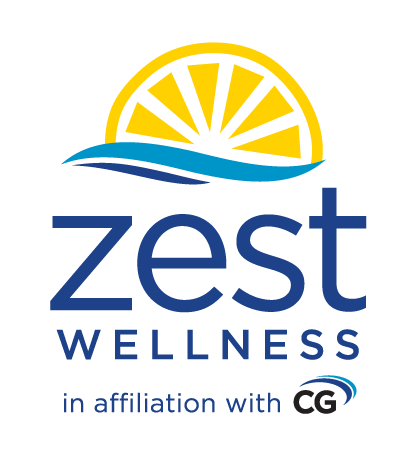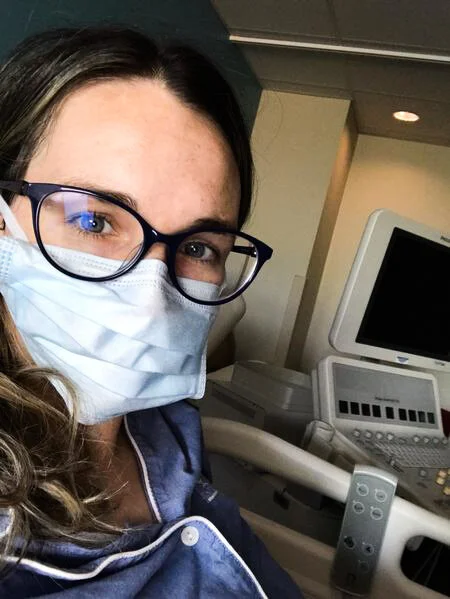Mental Health and the “New Normal”
Things are changing. Restrictions are being lessened, local economies are opening, we are allowed to leave our homes and see loved ones. This is exciting, right? Not for everyone. For many, the thought of returning back to “normal” is a terrifying, anxiety-inducing thought. We have lived for months with this constant fear of an invisible threat, a virus that has already ruined so many people’s livelihoods and killed hundreds of thousands of people. Now in addition to feelings of isolation, stress, and anxiety, we are adding paranoia, anger, panic, and fear to the mix. What will happen when countries reopen? Has the worst already happened? What will life be like in 2, 3 months’ time? When am I going back to work?
Part of the problem is that we do not have these answers, and we have spent far too long isolated in our homes overthinking and imagining future scenarios.
Several studies say that people may suffer from Post-Traumatic Stress Disorder (PTSD) as a side effect of this global pandemic; especially those who have isolated alone, those who have recovered from the virus, and our frontline workers. Other studies done on past pandemics highlight 3 separate mental health crises: the Before, the During, and the After. Before the pandemic, there is uncertainty and panic. During the pandemic, there is anxiety, fear, isolation, stress. In a previous blog post I shared some ways to help to protect your mental health during a pandemic. We are now moving to the third phase, the After. While the prospect of returning to normal is exciting for most, it is not for all. The fear of the virus remains, as well as uncertainty, potential financial stress, job stress, and the concern of the second wave of infection. If you feel this way, you are not alone! There are things that you can do to help protect and maintain good mental health as we transition to “normal”.
Try not to overthink it.
Try not to let your mind run wild; stay informed with reputable news sources. Still overthinking? Reach out to a friend or family member, especially those who ground you. Talk it out, and remember you are not alone.
Remember the good times.
Try making a list of the things that you miss and are looking forward to once life resumes. Maybe it’s a coworker you haven’t seen in months, or a favorite coffee shop, or yoga class. Reflecting on our past happiness can help us look forward with positivity.
Stay active.
Do an at-home workout, go for a long walk or swim, or get out into the garden. When you exercise your body releases feel-good endorphins, which combat the blues and feelings of negativity, stress, and anxiety. Move your body and feel your mindset shift.
Reflect.
What have you overcome so far? Remembering the tough times and reminding yourself that you have overcome them is a powerful tool. There are certainly more tough times to come, and remembering previous coping strategies will help for the future.
Set goals.
Have you accomplished any personal goals? If not, maybe it is time to set some! The perfect poached egg, committing to movement every day or creating a garden. Make it personal and something that brings you joy.
Be open with your feelings.
If you don’t feel comfortable seeing friends or family just yet, communicate that. You can send a simple text or email, but ensure you do communicate your feelings. As with all things in life, we respond to events differently. Family and friends will understand if you need a bit more time.
Monitor yourself.
Keeps tabs on how you are feeling. Things like food, stimulants, exercise, connection, can all have a huge impact on our mental health. Take note of which of these things makes you feel good and which makes you feel bad. If you feel yourself approaching a negative space, reach out to family or friends to help you.
If all else fails – SPEAK TO A PROFESSIONAL
Mental health is incredibly personal and important. If you feel like you cannot cope, and friends and family aren’t the help you need, then reach out to a professional. Please know that you are not alone and that it is ok to ask for help.






